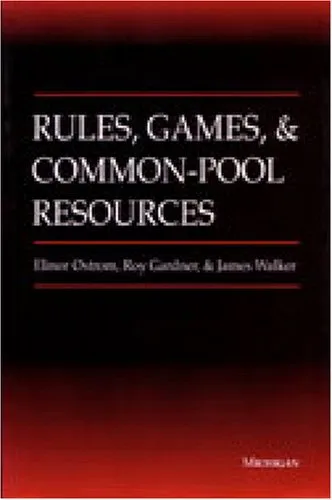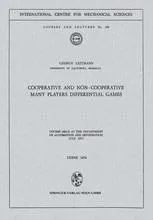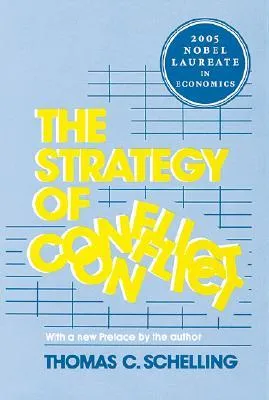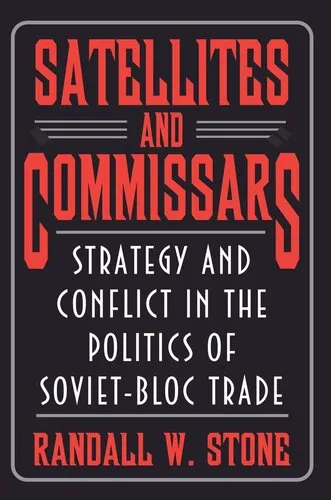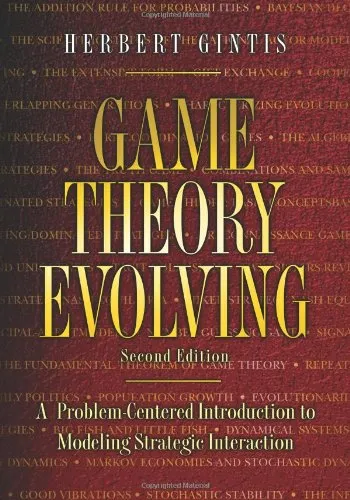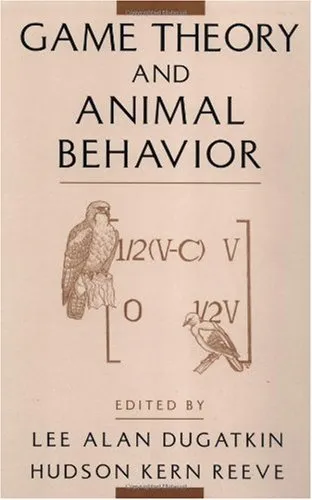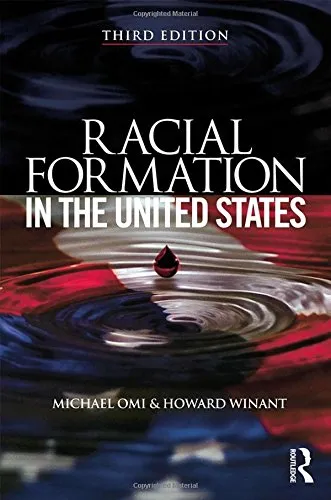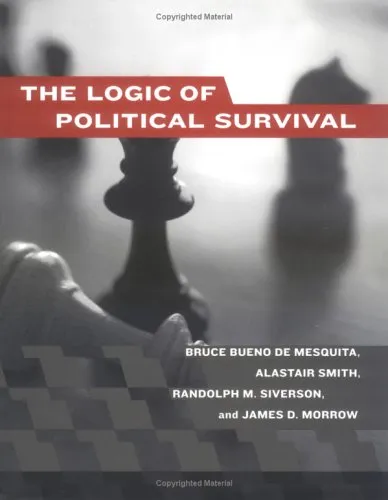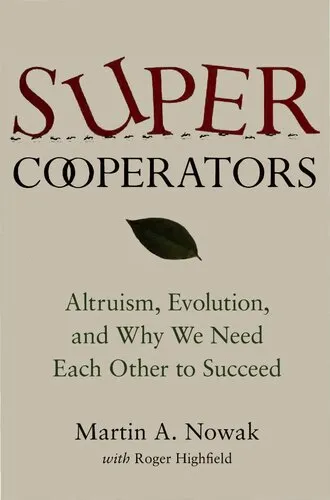Rules, Games, and Common-Pool Resources
4.6
Reviews from our users

You Can Ask your questions from this book's AI after Login
Each download or ask from book AI costs 2 points. To earn more free points, please visit the Points Guide Page and complete some valuable actions.Related Refrences:
Introduction to "Rules, Games, and Common-Pool Resources"
"Rules, Games, and Common-Pool Resources" by Elinor Ostrom, Roy Gardner, and Jimmy Walker is a landmark contribution to the fields of economics, political science, and resource management. In this book, the authors delve into the complexities of managing resources that are shared by communities, termed as common-pool resources (CPRs). These are resources such as forests, fisheries, irrigation systems, and groundwater basins that are non-excludable but rivalrous, meaning overuse by one individual can diminish availability for others. The book meticulously combines theory, experimental research, and real-world cases to explore how humans create self-governance systems to solve some of the most pressing challenges associated with resource management.
The authors provide a critical analysis of how people establish and enforce rules to maintain the sustainability of CPRs, avoiding the so-called “tragedy of the commons.” Moving beyond deterministic solutions like privatization or governmental control, they delve into the nuanced, decentralized approaches communities employ to manage shared resources effectively. This book provides both theoretical frameworks and empirically informed insights, making it indispensable for students, researchers, policymakers, and resource managers interested in sustainable development and collective action.
Detailed Summary of the Book
The book is structured into several key sections that progressively build an understanding of common-pool resource problems, along with potential solutions. The authors begin by introducing the fundamental characteristics of CPRs and the unique challenges they pose. Historical cases, such as the management of Swiss alpine meadows and ancient irrigation systems in Spain, provide real-world illustrations of how diverse communities have successfully managed CPRs through self-designed rules and collective governance.
A significant part of the book focuses on game theory and experimental economics, where the authors use laboratory-based experiments to examine the behaviors of individuals when facing resource-sharing dilemmas. These experiments highlight critical concepts like trust, reciprocity, rule compliance, and the importance of norms in ensuring cooperation.
Another important contribution is the comparison between central authority-driven and locally governed resource management strategies. The authors convincingly argue that locally governed systems often outperform top-down approaches because they are context-sensitive, adaptive, and grounded in community trust. They emphasize the importance of designing rules that are fair, flexible, and enforced in a way that encourages compliance.
The book concludes with actionable insights into crafting governance systems that balance the twin objectives of efficiency and equity, making them applicable in a variety of contexts ranging from fisheries to global climate governance.
Key Takeaways
- Local communities often develop effective governance systems for managing shared resources without external intervention.
- Rules designed collectively and enforced transparently lead to greater trust and cooperation among resource users.
- Overreliance on either privatization or government control can be counterproductive, as hybrid and decentralized systems often perform better.
- Game theory and experimental studies reveal that human behavior is influenced by more than self-interest, including considerations of fairness, trust, and reciprocity.
- Success in resource management depends on institutional design principles, such as clear boundaries, conflict resolution mechanisms, and graduated sanctions.
Famous Quotes from the Book
- "A resource system’s sustainability is neither guaranteed nor doomed by its physical characteristics – the governance structures matter."
- "Individuals are capable of crafting solutions to collective-action dilemmas without necessarily relying on external authorities."
- "Rules are not just constraints; they are also enablers that channel human actions toward shared goals."
Why This Book Matters
In an era of global resource degradation, "Rules, Games, and Common-Pool Resources" provides an essential foundation for understanding how communities can work together to safeguard shared assets. The book’s insights are as relevant today as when it was first published, addressing critical issues like overfishing, deforestation, and water scarcity. Its interdisciplinary approach combines economics, political science, and sociology, making it a valuable resource for academic research and practical policymaking alike.
The groundbreaking work of Elinor Ostrom, who later went on to win the Nobel Prize in Economic Sciences, stands as a testament to the power of collective action and the potential to design institutions that balance human needs and environmental sustainability. This book not only challenges conventional wisdom but also inspires hope in the ability of communities to solve some of the most complex problems of our time.
Free Direct Download
You Can Download this book after Login
Accessing books through legal platforms and public libraries not only supports the rights of authors and publishers but also contributes to the sustainability of reading culture. Before downloading, please take a moment to consider these options.
Find this book on other platforms:
WorldCat helps you find books in libraries worldwide.
See ratings, reviews, and discussions on Goodreads.
Find and buy rare or used books on AbeBooks.
1382
بازدید4.6
امتیاز0
نظر98%
رضایتReviews:
4.6
Based on 0 users review
Questions & Answers
Ask questions about this book or help others by answering
No questions yet. Be the first to ask!
